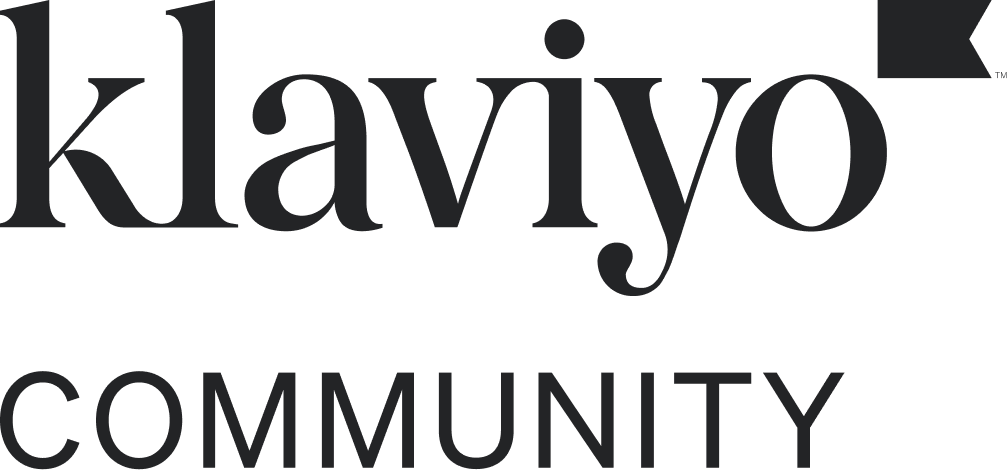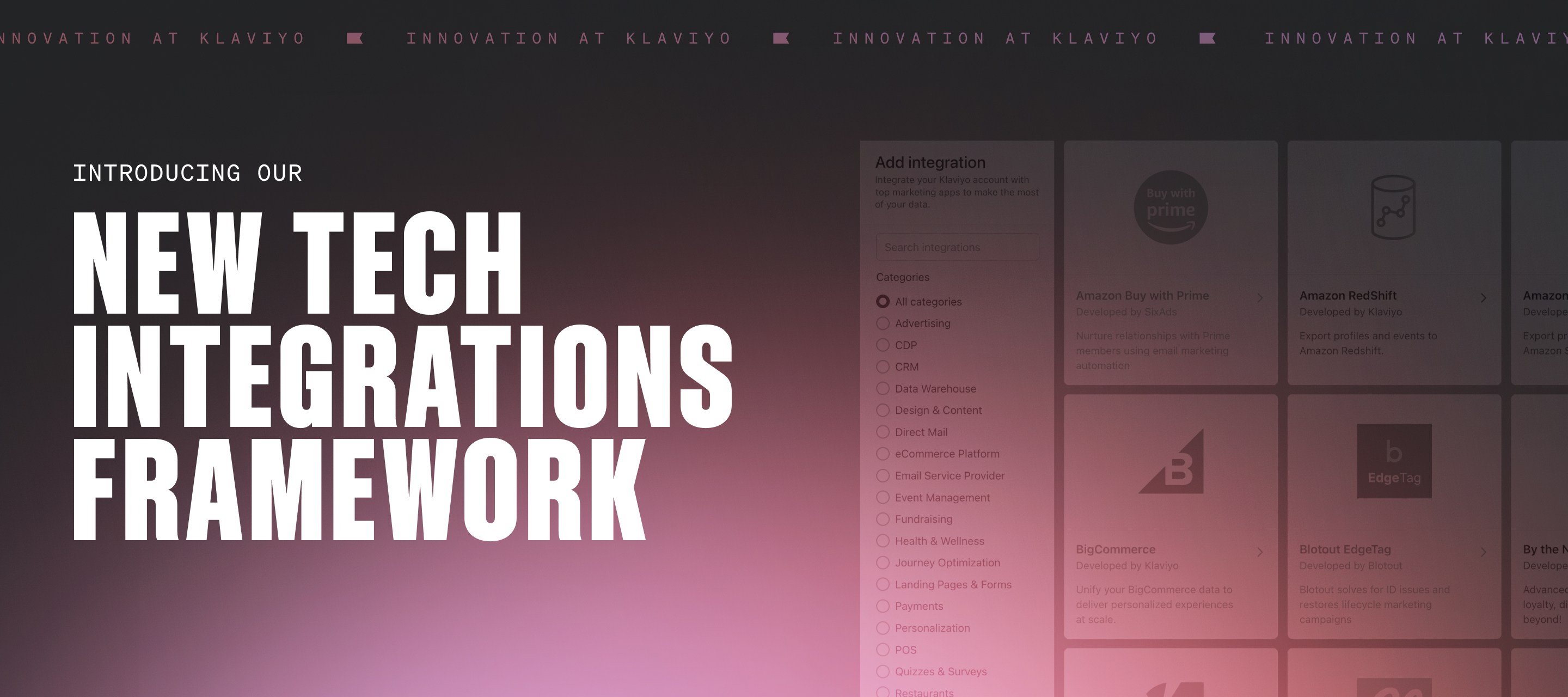Integrating third-party systems with Klaviyo has always been crucial. It’s what allows you to strengthen your personalization, segmentation, and analytics.
Building integrations has been a core priority for us since day 1, and with help from our growing ecosystem, we now have over 350+ pre-built integrations.
We wanted to update you on the infrastructure investments we’ve made.
Introducing the Integrations Generation Framework (IGF)
IGF is our internal framework designed to simplify and accelerate the development of integrations. It:
- Eliminates redundant boilerplate code
- Allows integration creators to configure unique actions declaratively and
- Reuses the bulk of code across integrations while requiring minimal customization for mapping external data to Klaviyo’s API models
To dive into all of the technical details, check out our engineering blog, where our R&D team goes into the weeds on all things IGF.
IGF success story: Intercom
Our first integration built with IGF was Intercom. By leveraging IGF, we reduced the development time by over three months compared to previous integrations. This time opens capacity for our team to build more integrations and impactful features across our infrastructure.
The Intercom integration allows our customers to sync their Intercom contacts and interaction data with Klaviyo, enhancing their marketing efforts without the hassle of manual data exports.
Looking ahead — increased velocity for Klaviyo and our ecosystem
The success of the Intercom integration is just the beginning. We plan to build many more Klaviyo-owned integrations across different categories and verticals.
Perhaps most exciting, we also plan to open IGF to third-party developers in the future. This will enable external developers to create both inbound and outbound integrations with Klaviyo more efficiently, democratizing the integration process at scale.
Learn more about Klaviyo’s 350+ integrations today.
Let us know in the comments:
- What are your favorite integrations?
- Why are they your favorites?
- What is a new integration you are interested in exploring?




![[Academy] Deliverability Certificate Forum|alt.badge.img](https://uploads-us-west-2.insided.com/klaviyo-en/attachment/505f2253-cde5-4365-98fd-9d894328b3e0_thumb.png)



